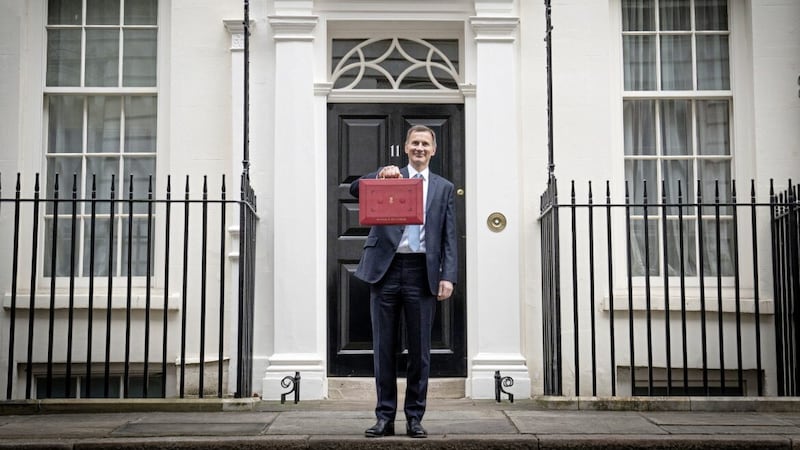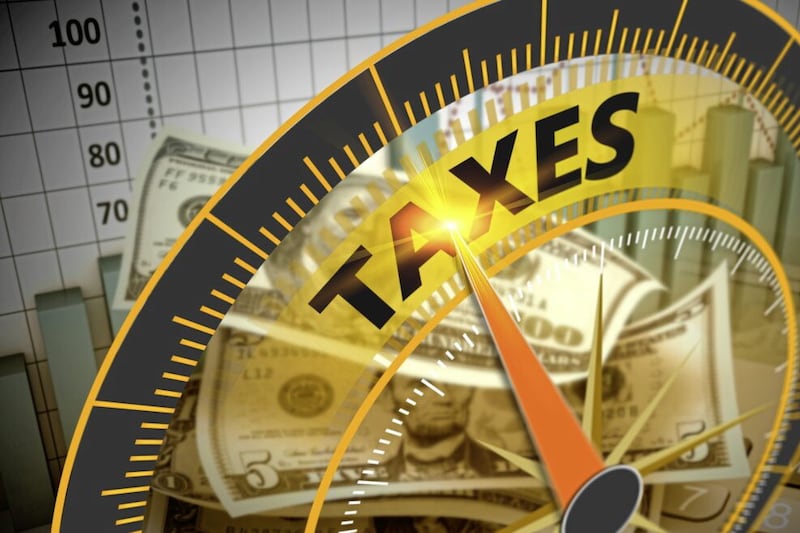THE Budget has produced some "winners" who could get a boost or see the pressure on their financial situation eased, as well as "losers" who will feel more of a squeeze on their wallets. Here is a look at how people have been affected:
WINNERS:
- People with significant pension pots
Wealthier pension savers with significant sums to put away will be boosted by an increase the pensions annual allowance - the limit on how much money people can build up in their pension in any one tax year while still benefiting from tax relief - from £40,000 to £60,000. The lifetime pensions allowance meanwhile will be abolished. It has stood at £1.07 million, with savers incurring tax after that personal pension pot threshold was exceeded. The move could particularly help people in senior roles, such as those working in the NHS, to remain in the workplace.
- Parents with young children
Chancellor Jeremy Hunt announced an expansion of free childcare for children over the age of nine months. Plans include providing 30 hours a week of childcare for eligible working parents in England with children as young as nine months old. The funding paid to nurseries for the existing free hours offer will be increased and schools and local authorities will be funded to increase the supply of wraparound care, so parents of school-age children can drop children off between 8am and 6pm. The changes don't automatically apply to Northern Ireland unless a restored Stormont opts to use its Barnett consequentials money for this scheme to mirror that in Britain
- Energy bill payers
The Treasury has U-turned on plans to reduce energy support for households from April 1, easing at least some of the added pressure that households were facing from high bills. The support scheme has limited a typical household energy bill to £2,500 since October, but this was due to increase to £3,000 in April. The scheme will now be extended at £2,500 for another three months. Again, Northern Ireland has its own energy system so it won't apply here.
- Motorists
A planned 11p rise in fuel duty will be cancelled, maintaining last year's 5p cut for another 12. The Government said this will save a typical driver another £100 on top of the £100 saved so far since last year's cut.
- Pubs and their customers
The generosity of draught relief has been extended, so that the duty on an average draught pint of beer served in a pub both does not increase from August and will be up to 11p lower than the duty in supermarkets. The commitment to duty on a pub pint being lower than at the supermarket has been termed the "Brexit pubs guarantee" by the Government.
LOSERS:
- Some benefits claimants
Amid efforts to encourage people into the workplace, there will be a ramping up of sanctions for claimants who do not look for or take up employment. Budget documents said that the Government is strengthening the way the sanctions regime is applied, including ensuring that work coaches have the tools and training to implement sanctions as effectively as possible, including for failing to take up a job.
- Savers
Annual subscription limits for tax-free Isas will remain frozen at £20,000, at a time when surging inflation has been eroding the real value of people's savings.
- Businesses
The Chancellor has resisted demands from Conservative MPs, including Boris Johnson, to scrap April's increase in corporation tax to 25 per cent, though he plans to formulate a generous set of reliefs to help firms reduce their bills.







